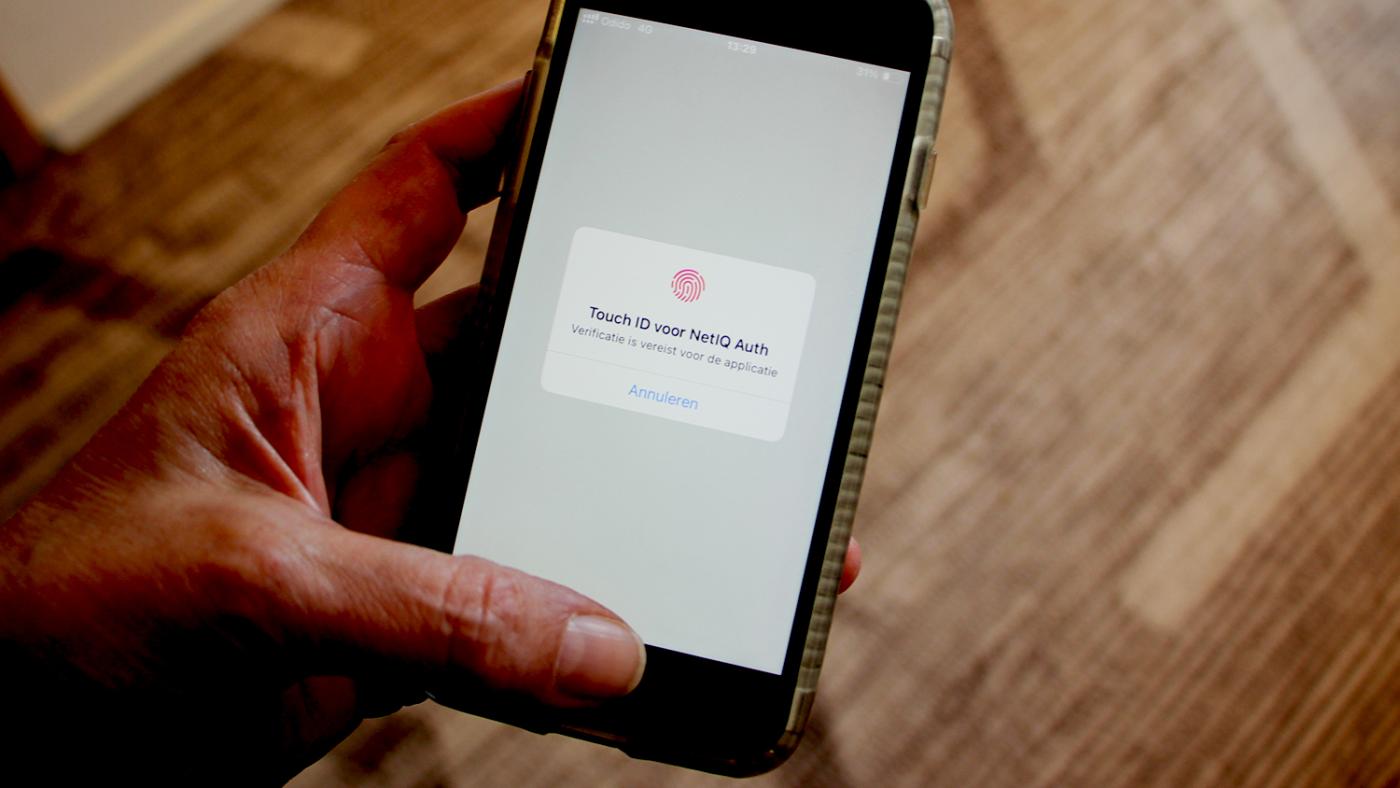Digital dependency
Escaping the smartphone epidemic

"Everything was better before," claims my grandmother as she sits hunched over her iPad, aggressively swiping at a bridge game. I often hear older people muse about their existence without mobile phones, when being unreachable gave them a freedom I can hardly fathom. As a "digital native", I have often tried to break free from my phone addiction to no avail: there is no escaping my digital dependence.
Most people immediately reach for their smartphones when there is a short break during class, when they're waiting for the bus, or just before going to sleep. It is a true epidemic. We have our ears glued to it even when we take a short walk. Subconsciously, we are constantly looking for distractions to break up the monotony of the day. You can't blame us: it's hard to compete against smart algorithms and seductive interfaces.
I was opening Instagram thanks to muscle memory and, after having my eyes glued to the screen for a while, realising an hour and a half had passed. I didn't want to spend my life scrolling, so I decided it was time for action. I deleted Snapchat and Instagram and set up a timer for YouTube. Okay, what now? I then caught myself binge-watching NOS Stories. How sad... My brain continued to crave stimulation! So, I decided to take a more extreme approach: getting myself a flip phone.
However, after endlessly browsing the Internet, I realised that just calling and texting are no longer enough for today's easy life. No Google Maps means using an old-fashioned fold-out map – I can already see myself walking for miles. No Wallet app means always having your wallet on you and I don't trust myself with that responsibility. Last but not least, the university's inevitable two-factor authentication app NetIQ makes my quest for a flip phone almost impossible.
I took a course on Media where the term "right to disconnect" was mentioned. To what extent is technology imposed on us? Being completely untraceable is almost impossible as one must pay by debit card everywhere and communicating digitally is the new norm. To what extent do we still have control over our social media use, if the advanced algorithms have already determined our behaviour before we realise it ourselves? For those who do not want to get carried away in the "progress", it is becoming harder and harder to avoid the technology that is so integrated into our daily routines.
The freedom of inaccessibility seems to be a luxury of the past, so I can forget about a flip phone. I also wonder if my grandmother would want to go back to a time without an iPad.
Lisa Schüssler is a blogger for DUB's Dutch page, sharing her experiences as a student. The opinions and views expressed here are her own and do not necessarily represent DUB's views.